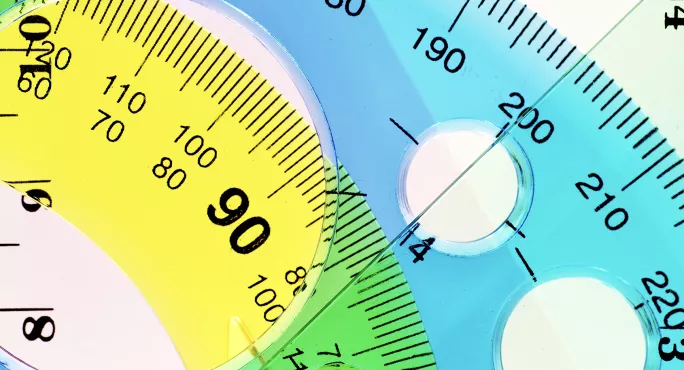The decision to pause Progress 8 measures for the next two years could make the measuring of school performance “more unfair”, a prominent secondary school headteacher has warned.
The government confirmed earlier this year that there would be no progress measure published for schools in 2024-25 and 2025-26 because the Covid-19 pandemic led to Sats tests being cancelled, meaning no baseline was available for these pupils.
At an education conference discussing assessment, concerns were raised about what this will mean for the accountability system in the short term.
Attainment 8, which measures a school’s overall performance based on results across eight subjects at GCSE, will continue to be published.
‘Reprieve is completely the wrong word’
“It has often been said that we have got the two-year reprieve on measures on progress for secondary schools. But reprieve is completely the wrong word and it is a bit of a concern going forward,” Andrew O’Neill, headteacher at All Saints Catholic College in London, said.
He added that it would mean that the entire secondary school system would be measured “through the lens of attainment” and added that “that’s even more unfair and more challenging”.
Headteachers’ unions have previously urged ministers not to produce secondary school progress scores rather than use an alternative way of calculating them.
Mr O’Neill, who has just launched a new maintained schools collective to provide a voice in the sector for state schools that are not academies, also questioned the fairness of the P8 measure.
“Low disadvantage, high key stage 2 on entry and low [special educational needs], all significantly contribute to a likelihood of having not only a higher attainment but also a better progress score,” he told the online Westminster Education Forum conference on the future of assessment in England’s schools.
The average P8 score for non-disadvantaged pupils in 2023 was 0.17, compared with -0.57 for disadvantaged pupils.
He added that a school could “manipulate your admissions policy to gerrymander your intake” based on these factors, which gives you a “greater chance of success in terms of attainment”.
P8 has been one of the DfE’s main performance measures since 2015-16. It aims to capture the progress made by pupils from the end of primary school to the end of KS4.
It includes eight qualifications. A P8 score of 0 means that, on average and compared with pupils at similar starting points, pupils at that school made average levels of progress.
Review to consider performance measures
Writing for Tes earlier this year, Tom Middlehurst, qualifications specialist for the Association of School and College Leaders, warned that the sole focus on attainment data could be unfair for the system.
“If only attainment data were to be published, then it would unfairly advantage schools with high-ability intakes,” Mr Middlehurst said.
“But the decision to keep historical P8 data on the schools’ and colleges’ performance website will be unpopular with schools whose progress is improving,” he further warned.
The curriculum and assessment review, launched by Labour and led by Professor Becky Francis, will consider performance measures as part of its work.
At an earlier session of the Westminster Education Forum event this morning, Professor Jo-Anne Baird, director of the Oxford University Centre for Educational Assessment and curriculum review panel member, said: “We’re looking at whether changes to performance tables could actually be beneficial for the system”.
For the latest education news and analysis delivered every weekday morning, sign up for the Tes Daily newsletter





